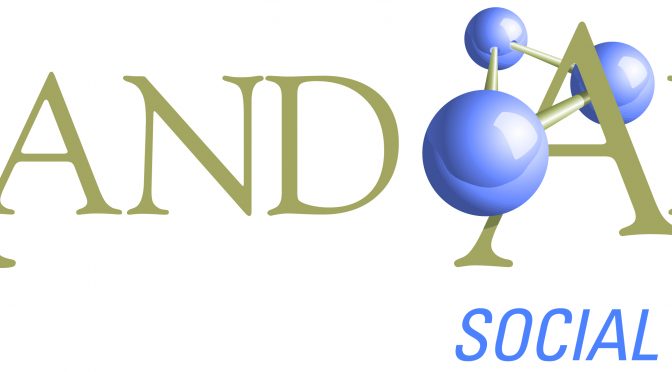The lies and deception that go hand-in-hand with the lifestyle of an addict or alcoholic are a breeding ground for conflict and arguments, says addiction specialist Karen Griessel, who is a social worker at Wedge Gardens just outside of Johannesburg.
“The stress, anxiety and negativity of those living with the addict or alcoholic are severely unhealthy and have far-reaching psychological and emotional consequences. Unemployment, job instability, late nights out, going AWOL, and bringing with them a trail of damage and abnormal behaviour leaves those at home angry, frustrated and without trust or faith,” says Karen.
Those left behind need to take on extra roles and responsibilities to try and fill the gap, which again leads to feelings of resentment. “All the emotions connected to the situation are dark and dull, making for a very unhappy family with altered and damaged dynamics,” she says.
Theft is a sure symptom of substance abuse. She explains that valuables are stolen to sell or pawn to get the next fix because nothing matters more than the drug or the alcohol. If the person struggling with addiction is a breadwinner it has a snowball effect on the family system, with basic needs often not being met.
“The greatest victims are often children who are neglected. Basic functions like preparing meals, hygiene and school work are forgotten because priorities become corrupted. Drugs and crime go hand-in-hand and drug dealing and using with other addicts in the home can put the children in a dangerous position.
“Long term, children who grow up in households with addict or alcoholic parents are greatly at risk of a compromised future due to delay in development, overall health, wellbeing and self-confidence.
“Sadly, these children may end up with substance abuse problems too because of the severe emotional and psychological pain they suffered.”
She says that shame and regret often lead to the addict parent overcompensating or letting things slide. This sets a child up to fail in the real world because they don’t learn to predict limits and required responses.
“The sad part is that often those suffering from drug and alcohol dependency problems don’t even know what they say or do when under the influence and will deny or actually not even remember the damage caused.
“On the other side of the pendulum you get the family member, who we call the enabler, who protects the addict from their consequences because they ‘love’ them. However, enablers perpetuate the cycle because the addict does not experience the harmful effects of their addictive behaviour.
“Another term we refer to is co-dependency, which means a dysfunctional relationship of extreme emotional or financial reliance on an addict or alcoholic who requires support. The family member without the addiction finds their self-worth depends on their role in providing care for their addicted loved one.
“The sad truth is that if you become a slave to a substance, that substance takes the brain hostage and the addict loses the power of choice. This is why it is essential to remember that addiction is a disease and sufferers need professional help,” says Karen.
* Wedge Gardens can be reached at 011 430 0320. You can also ‘like’ Wedge Gardens on Facebook (www.facebook.com/WedgeGardensTreatmentCentre) or follow them on Twitter (@WedgeGardens)
